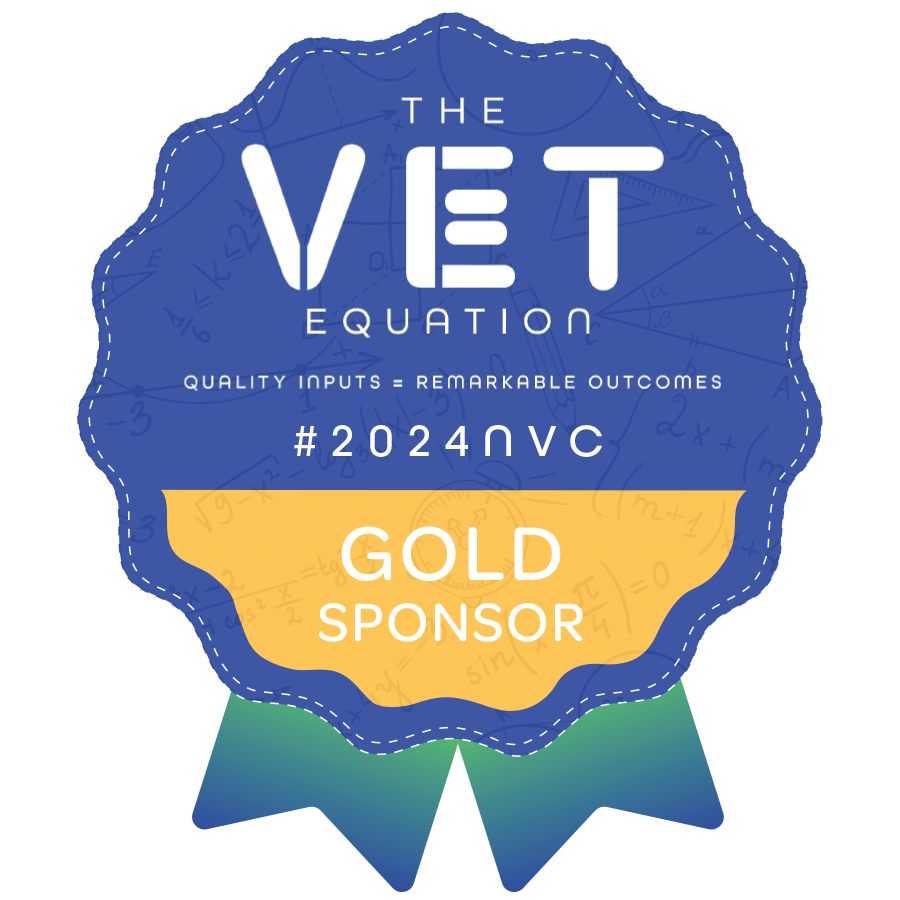Our take on ASQA performance assessment (audit) updates

ASQA’s stated goals for improving performance assessment audits
Fundamentally, ASQA has said that they want these reforms to improve the ability of providers to both:- critically evaluate their performance and self-assure regulatory compliance, and
- monitor, review and continually improve their practices.
- open-ended questioning that allows the provider to demonstrate their understanding of how the standards relate to their practice, and
- changing reports to provide more reasoning for non-compliance, and allowing providers to fix minor deficiencies to avoid non-compliance.
Audit process
The performance assessment process itself is quite different to the previous audit process – particularly in that performance assessments are conducted over several weeks. The steps now being:- Notification of performance assessment
- Opening interview to discuss the assessment ahead
- Several requests for evidence
- Performance assessment itself (conducted via Microsoft Teams and over the number of allocated days)
- Final closing meeting

Interview process
Based on my experiences with the new performance assessments (audits), I have certainly seen some differences to the previous approach, with the focus on testing provider understanding of systems and processes. However, I also feel that some of the open-ended questioning is very repetitive and hyper-focused. Assessors often ask multiple questions that would, of course, have the same answer. For example:- Tell me about your complaints process for a student, and
- Tell me about your complaints process for any other person.
Audit reports
Frustratingly, many aspects of performance assessment (audit) reports remain the same – especially assessor inconsistency around non-compliance. While ASQA says that this area is improving, I’m unfortunately not seeing this. An ongoing area of inconsistency is around assessment. It continues to be frustrating that assessments that pass multiple audits get found to be non-compliant by some auditors with seemingly specific agendas. At a recent performance assessment, the assessor chose to dissect the assessments in great detail to identify non-compliances. One of the non-compliances was in relation to the knowledge evidence of a unit that referred to both “supervisors and managers”. It was this assessor’s opinion that separate questions were required for “supervisors” and “managers”, because they represented different levels of management. This became a non-compliance! It’s this kind of uncompromising and subjective approach that worries me for the future of competency-based training and assessment.
My final thoughts
While the intentions behind these updates from ASQA are on the right track, there is a lack of meaningful change on the ground. As I have maintained over several years, we need a radically new concept VET that puts aside bureaucracy and rigidity. My hope is that we see ASQA truly shift its focus to supporting the VET industry in building engaging education for students that’s at the right level for them. If you need professional advice and guidance to prepare for a performance assessment audit, get in touch with RTO Works.
Sally is a leading expert in vocational education and training (VET), with over 20 years dedicated to guiding RTO, CRICOS, and ELICOS providers in achieving and maintaining compliance. As a former auditor and a member of the Training Package Quality Assurance Panel, Sally understands the intricate demands of registration, compliance, and quality assurance.
Her commitment to excellence has driven her to develop high-quality learning and assessment resources that empower training organisations to focus on delivering outstanding student outcomes. Known for her keen eye for detail and comprehensive approach, Sally continues to support VET providers and industry stakeholders with unparalleled expertise and progressive insights.



